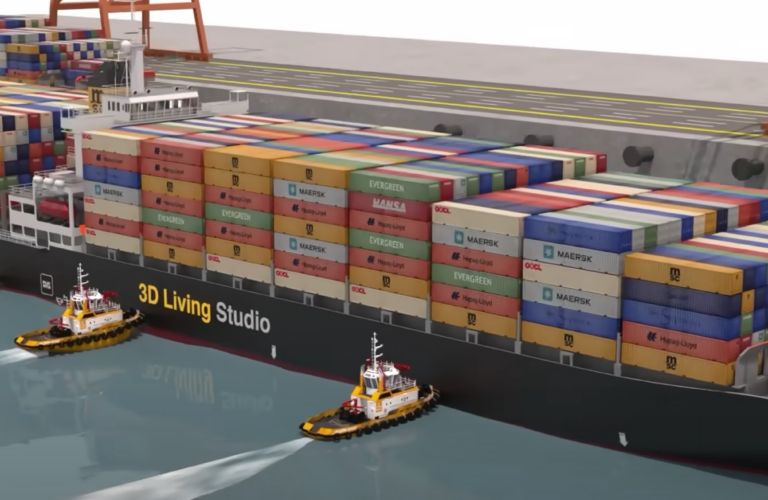Shipping plays a crucial role in commodity trading, ensuring the seamless transportation of raw materials such as oil, gas, metals, and agricultural products across the globe. It connects producers and consumers by delivering commodities to where they are needed most, driving global supply chains and supporting the balance between supply and demand.
Transportation Methods and Routes
Shipping dominates commodity transportation, handling about 90% of all global trade volume. Ships are the most efficient way to move large quantities of raw materials across oceans, from massive oil tankers to bulk carriers loaded with grain or iron ore. Companies carefully plan their maritime routes considering weather patterns, port capacities, and fuel costs to ensure efficient delivery. The route choice and timing are crucial, as they directly affect delivery schedules and trading costs.
Vessel Chartering and Cargo Management
Chartering the right vessel is essential for efficient commodity transportation. Traders can choose between different types of contracts to suit their needs. A voyage charter focuses on a single journey from port to port, while a time charter allows traders to lease a vessel for a specific period. Each commodity requires specialized vessels – oil moves in tankers, grains in bulk carriers, and natural gas in specially designed LNG ships. Whatever the cargo, proper management is crucial, from careful loading techniques to maintaining the right storage conditions. All movements must also follow strict documentation requirements to meet international shipping regulations and ensure smooth customs clearance.
Sustainable Shipping Practices
The shipping industry, responsible for around 3% of global greenhouse gas emissions, is continuously adapting its practices to reduce environmental impact. Beyond fuel efficiency improvements, companies implement various measures such as speed optimization, waste management systems, and water treatment technologies. Modern vessels use special hull coatings that prevent algae and other sea organisms from attaching to ships, which helps reduce drag and save fuel. Digital solutions help optimize cargo loads and vessel utilization. New technologies are emerging, including modern wind-assisted propulsion systems that can supplement traditional engines and significantly reduce fuel consumption.
The Role of Ports and Logistics Coordination
Ports are essential hubs in the commodity shipping network, where vessels load, unload, and transfer their cargo. Modern ports operate sophisticated systems to handle different types of commodities efficiently, from liquid terminals for oil to specialized facilities for metals and grains. Success depends on careful coordination between shipping companies, port operators, customs authorities, and inland transportation providers.









